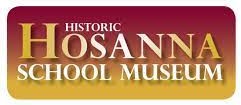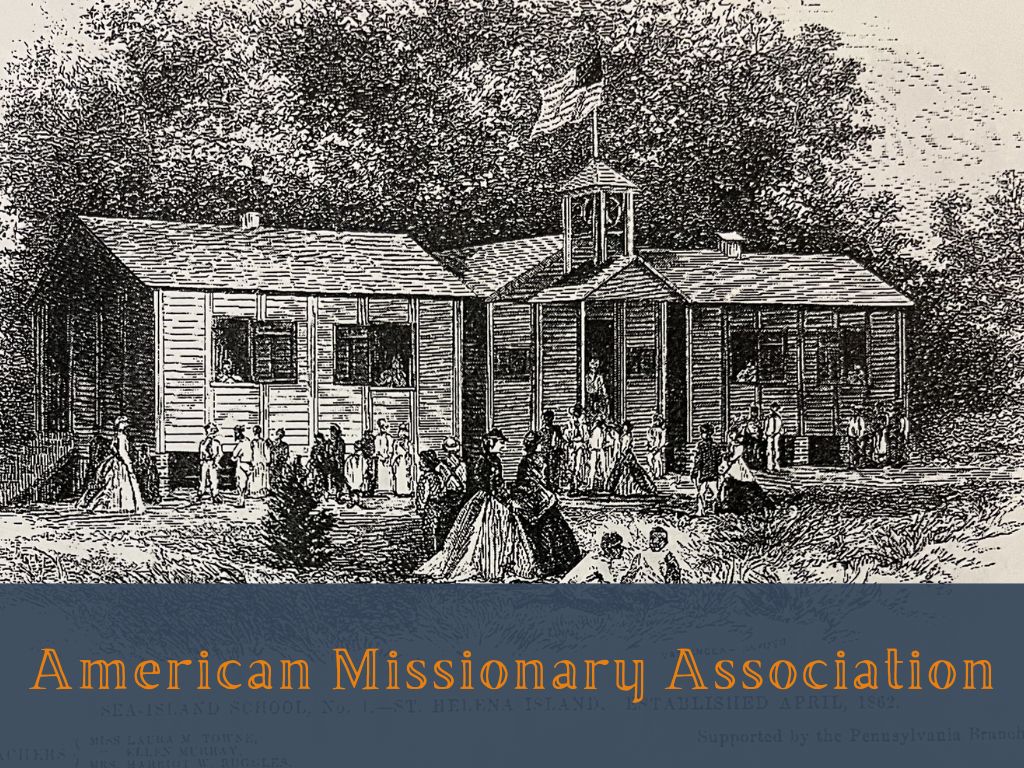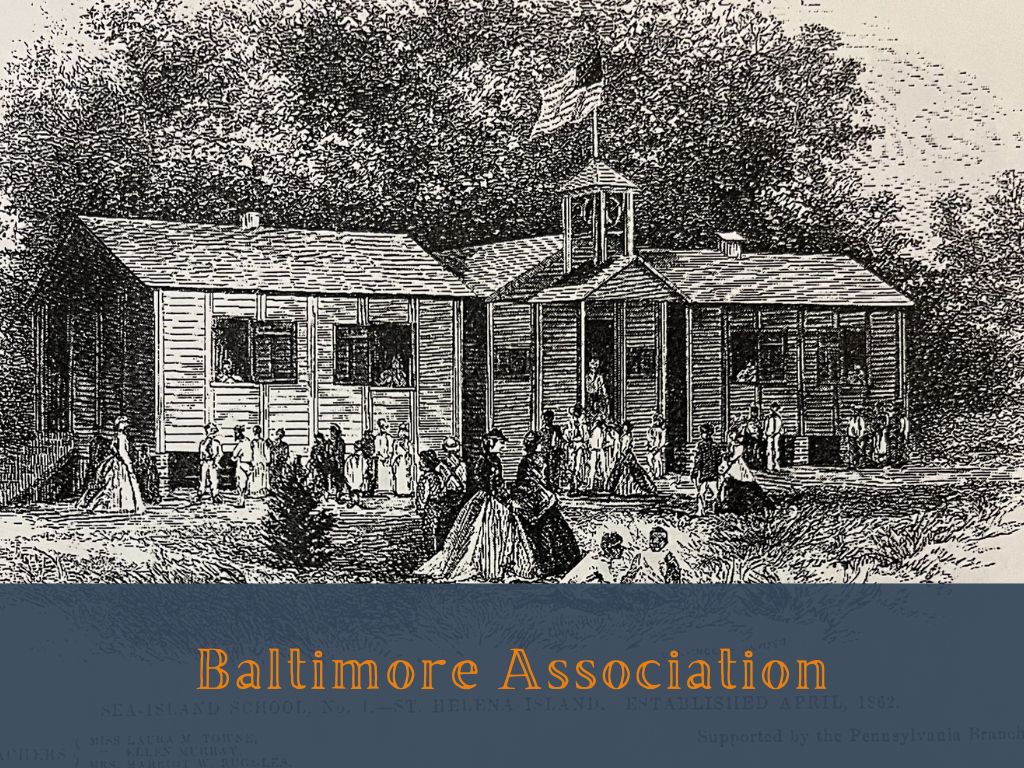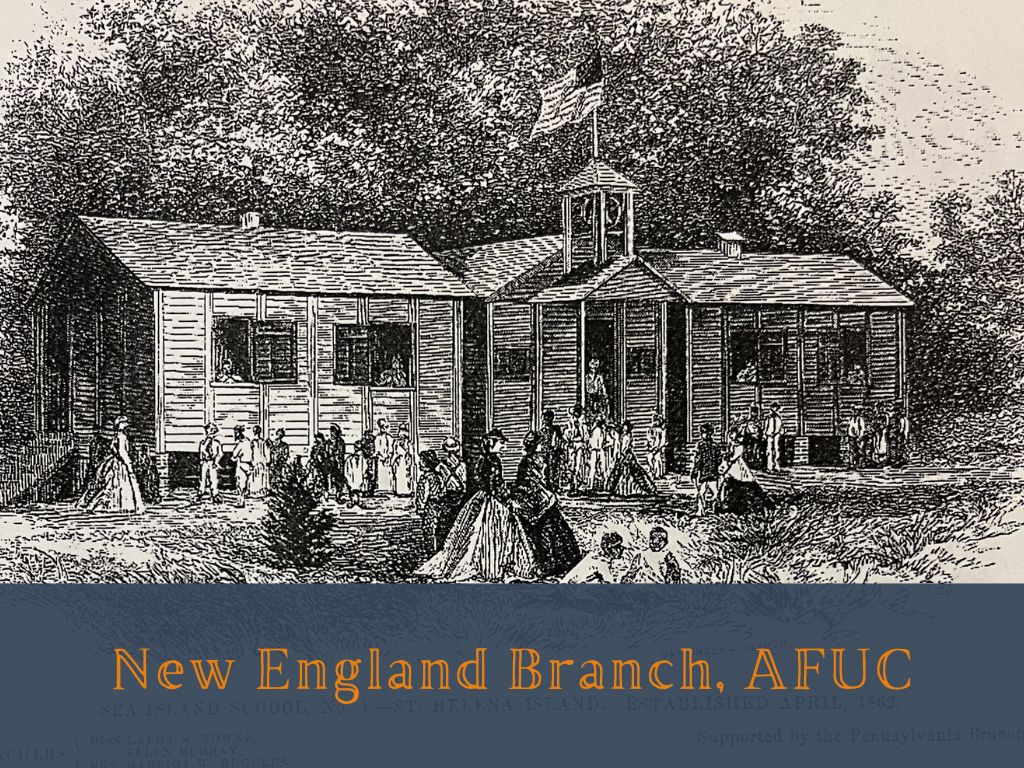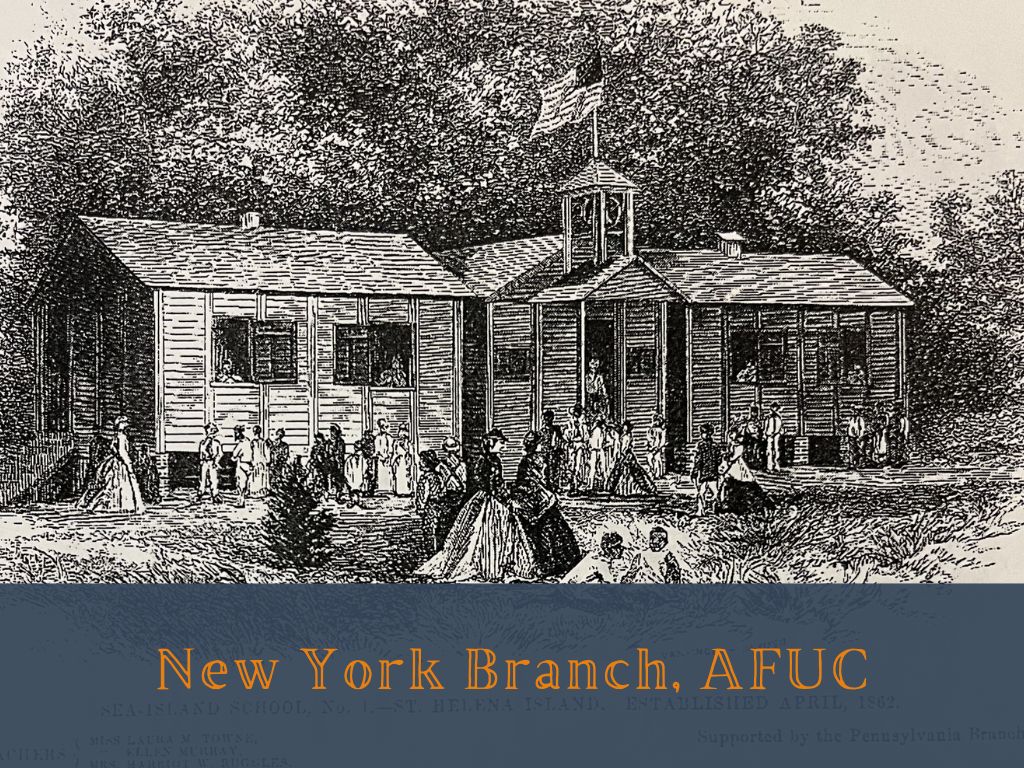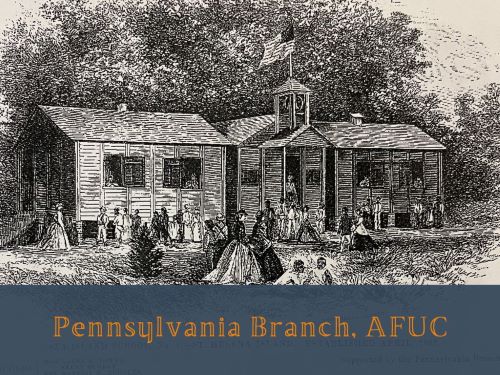Freedmen's Aid Societies
The U.S. Freedmen’s Bureau had neither the budget nor the mandate to do more than superintend and inspect schools, supply building and classroom materials, and provide security where necessary. As a result, the involvement of philanthropic aid societies was a necessary component of black education in the South during Reconstruction. In Maryland, the most important aid society was the Baltimore Association, which cooperated with the Freedmen’s Bureau to offer financial and material support to schools around the state. But the Baltimore Association also worked with other, more northerly, aid societies to place teachers in Maryland schools.
Individuals wishing to go south to teach among the newly emancipated would apply to one of these organizations, typically the one based in their own state or region. If the individual was considered qualified, the aid society would offer them a position and work with the Freedmen’s Bureau (and in Maryland the Baltimore Association) to assign that teacher to a specific school.
While many officers of these organizations were ministers, most of the aid societies were secular in character. The American Missionary Association, which employed teachers all over the South including Harford County, was an exception to this. Their teachers were expected to provide significant religious instruction in addition to reading, writing, and arithmetic.
